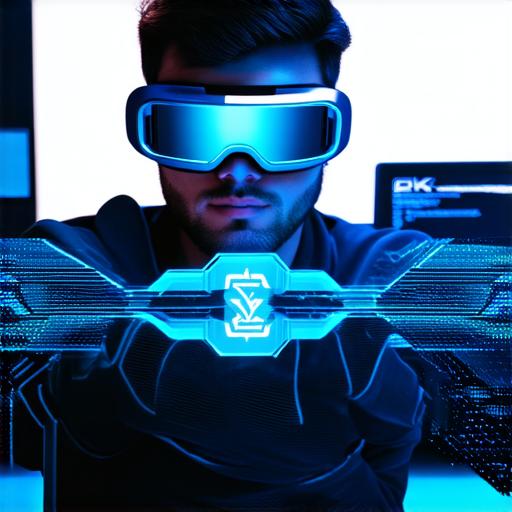
How to get started as a virtual reality developer

Virtual reality (VR) is a rapidly growing field with endless possibilities for gaming, entertainment, and even medical applications. If you’re interested in becoming a VR developer, here are some steps to get started:
1. Learn the basics of programming
Before diving into VR development, it’s essential to have a solid foundation in programming. You don’t need to be an expert, but you should be familiar with at least one programming language, such as C++ or Python. There are many online resources available for learning programming, including Codecademy and Udemy.
2. Familiarize yourself with VR development tools
There are several software tools available for VR development, including Unity and Unreal Engine. Both of these tools have a steep learning curve, but they offer the most comprehensive features for creating VR experiences. You can also try using free alternatives like A-Frame or Babylon.js.
3. Choose your platform
There are several platforms to consider when developing for VR, including Oculus Rift, HTC Vive, and PlayStation VR. Each platform has its own unique requirements and specifications, so it’s important to research which one is right for your project.
4. Create a prototype
Once you have the tools and knowledge necessary to start development, it’s time to create a prototype. This doesn’t need to be a fully polished experience; it can be as simple as a 3D model or a basic game mechanics. The purpose of a prototype is to test your ideas and get feedback from potential users.
5. Test and iterate
Testing is an essential part of the development process, especially in VR. You’ll need to test your prototype on multiple devices and platforms to ensure that it works seamlessly. Once you receive feedback, make changes and iterate until you have a polished product.
6. Publish and market your game
When your game is complete, it’s time to publish it and market it to potential users. This can be done through various channels, including online marketplaces like Steam or the Oculus Store, social media, and gaming websites.
In conclusion, becoming a VR developer requires a solid foundation in programming, knowledge of development tools, and the ability to create and test prototypes. With these skills and a little bit of creativity, you can create immersive and engaging VR experiences that will captivate users around the world.


